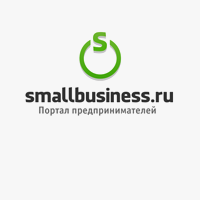Mikhail Lukin
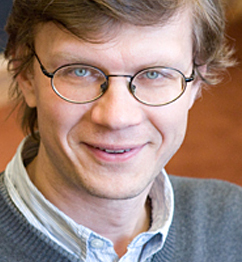
Quantum revolution
April 27, 2012 | 19:00
On April 27 the Knowledge Stream project presented Mikhail Lukin, a professor of Physics at Harvard University, the co-director of the Harvard Quantum Optics Center and the Center for Ultracold Atoms at Harvard and a the chair of the International Advisory Board of the Russian Quantum Center.
On April 27 the Knowledge Stream project presented Mikhail Lukin, a professor of Physics at Harvard University, the co-director of the Harvard Quantum Optics Center and the Center for Ultracold Atoms at Harvard and a the chair of the International Advisory Board of the Russian Quantum Center.
Having graduated from the Moscow Institute of Physics and Technology with honors, Mikhail Lukin was invited to attend graduate school at the University of Texas and, after defending his dissertation, he received a special scholarship from Harvard for his research, over the course of which the young scholar showed that a beam of light could be stopped in a controlled environment. “We prepared a special environment of super-cooled rubidium vapor,” says Professor Lukin. “And then using control laser it became an electromagnetic conductor. A pulse of light was directed at it. When the light reached the environment, we shut off the laser. The light’s momentum slowed to zero, but that of the photons did not, and the information is preserved in the environment. And if one were to turn on the control laser again, the pulse of light would continue its movement at the earlier speed.” This experiment points to a fundamentally new way to store and process information.
Mikhail Lukin’s lecture at Digital October provided an overview of the main directions in the development of new fields of science and technology – quantum technology. Today the world stands on the verge of a quantum revolution, when the fundamental discoveries of physics can be actively used for the acquisition of materials with fundamentally new properties, ultra-sensitive instruments, secure lines of communication, and, perhaps, for the creation of a high-speed quantum computer. Quantum technologies promise fundamental changes in many sectors of our society: from information and energy to medicine and transport. Discoveries in this field are capable exerting such an influence on society as the computer did during the last century.
POST-LECTURE DISCUSSION PARTICIPANTS
-
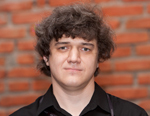
Alexey Akimov
Director of Russian Quantum Center, Ph.D. in Physics, member of European Physics Society
-
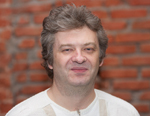
Mikhail Gorodetsky
PhD in Physics, professor of Moscow State University
-
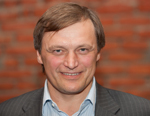
Sergei Kuzmin
Managing partner of Q-wave Fund
-
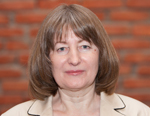
Elena Lozovskaya
Editor-in-Chief of Science and Life magazine
-
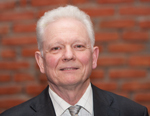
Anatoly Masalov
PhD in Physics, professor, Head of Department of Optics of Lebedev Physical Institute of the Russian Science Academy
-
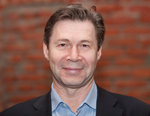
Andrei Smolyaninov
General Director of Photon Nano-Meta-Technologies LLC








































